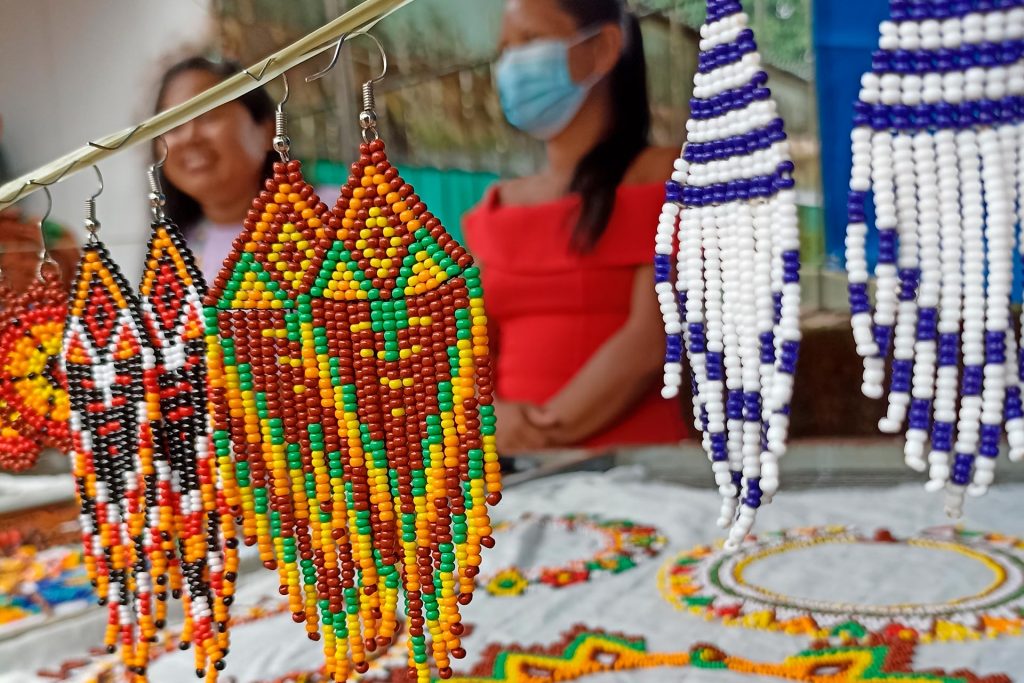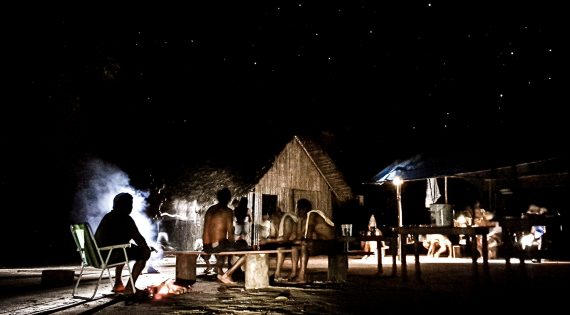WHO WE ARE
Iepé is a non-governmental and non-profit organization founded in 2002.
OUR MISSION
To contribute to the cultural, political, and sustainable development of indigenous communities in the Brazilian territories located in Amapá and the North of Pará.
Our goal is to strengthen their forms of community and collective management, so that the rights of these peoples are respected.
OUR OBJECTIVES
To value and strengthen:
- Indigenous ways of life, forms of knowledge, and local practices, promoting intergenerational dialogue.
- Interinstitutional networks and alliances for the defense of socio-environmental rights and the sustainable development of protected areas in the Iepé’s operational region.
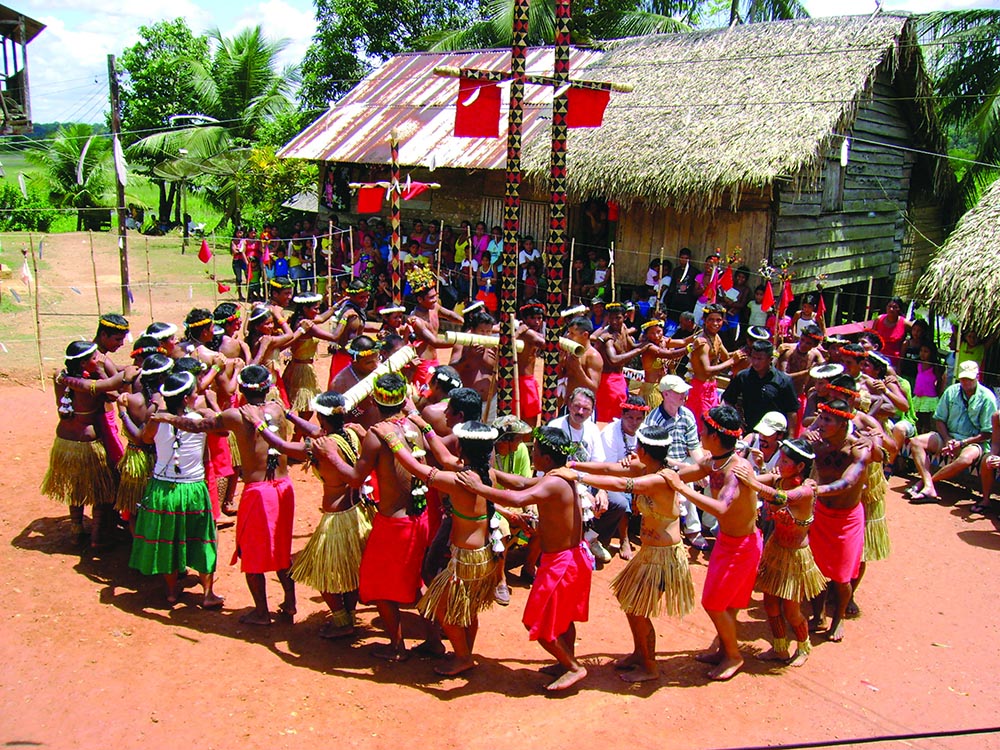
In this map, you will find the 10 indigenous lands where Iepé operates.
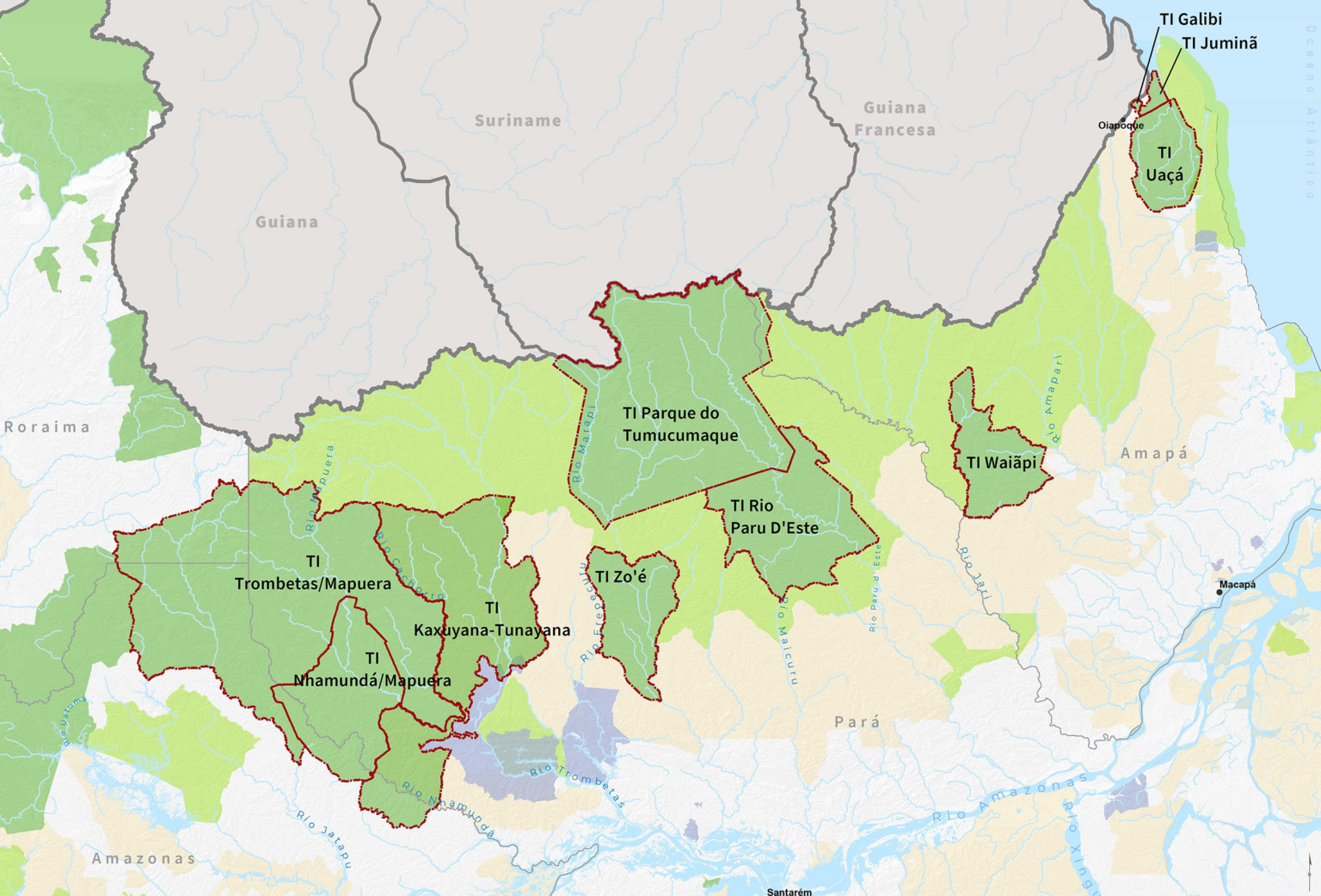
What we do / Where we operate
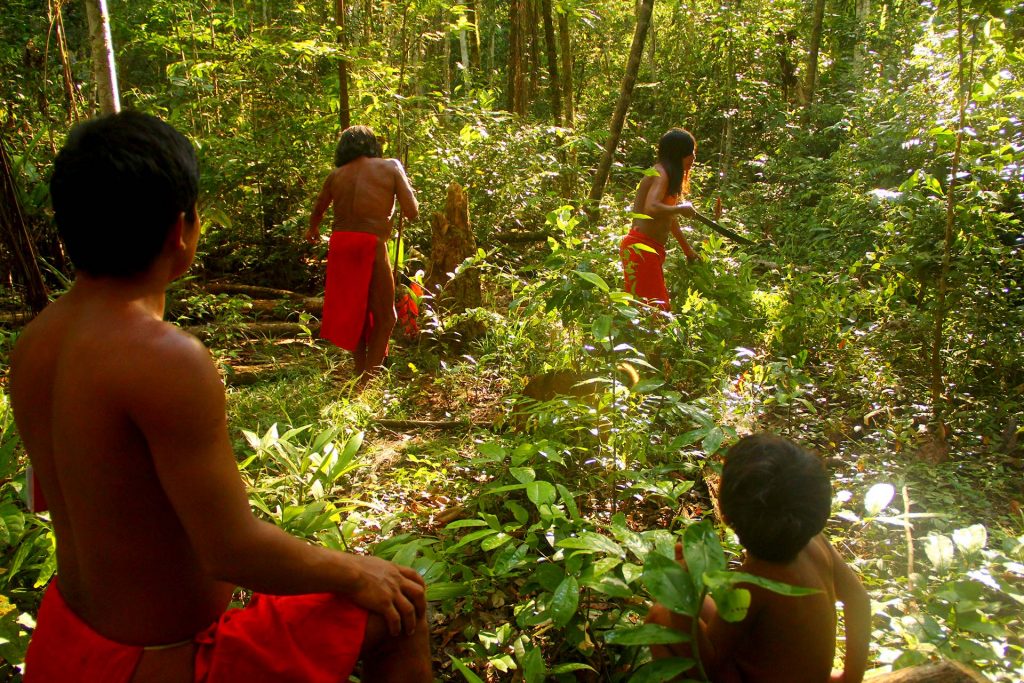
The Wajãpi Program is older than Iepé itself and served as one of its foundations, having begun in 1992 at the Indigenous Work Center (Centro de Trabalho Indigenista – CTI). Over the course of almost three decades of the program’s existence, notable actions include efforts to demarcate and continually monitor the Wajãpi Indigenous Land (TIW), the training of teachers, health agents, researchers, and Wajãpi socio-environmental agents, as well as support for the establishment and activities of the Wajãpi Villages Council – Apina, founded in 1994, and the Wajãpi Land, Environment, and Culture Association – Awatac, created in 2010.
The Oiapoque Program of Iepé has been active since 2008 in partnership with the Karipuna, Galibi Marworno, Galibi Kali’na, and Palikur peoples who inhabit the Indigenous Lands of Uaçá, Juminã, and Galibi, located on the border with French Guiana, in the state of Amapá. Iepé’s work with these peoples began with activities focused on researcher training, promotion, and valorization of traditional forms of expression and knowledge, followed by territorial and environmental management, as well as the strengthening of political representation.
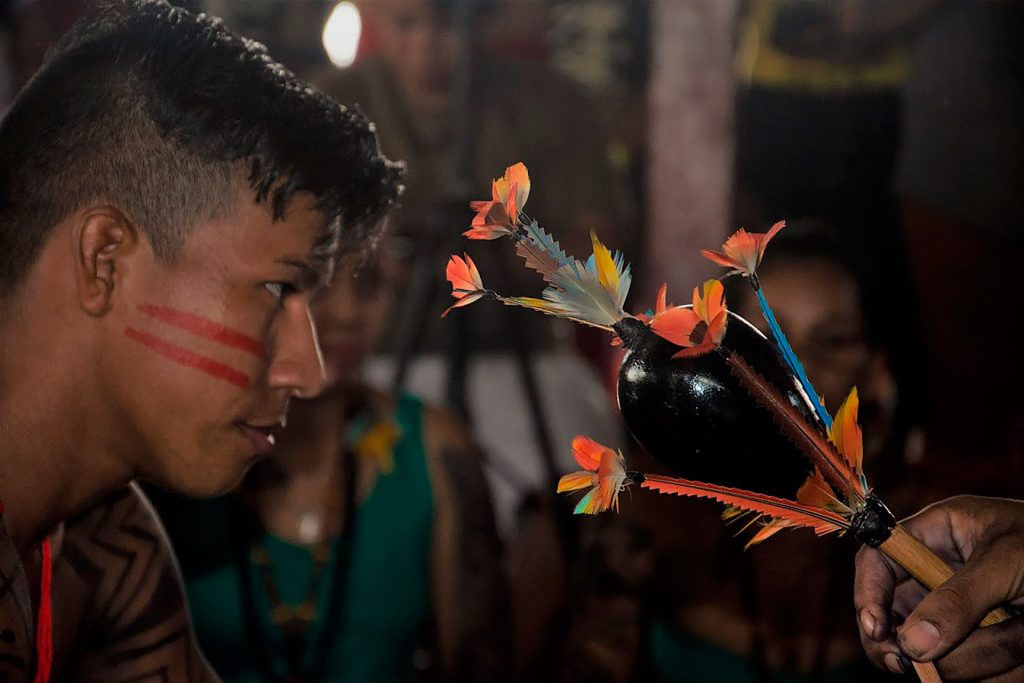
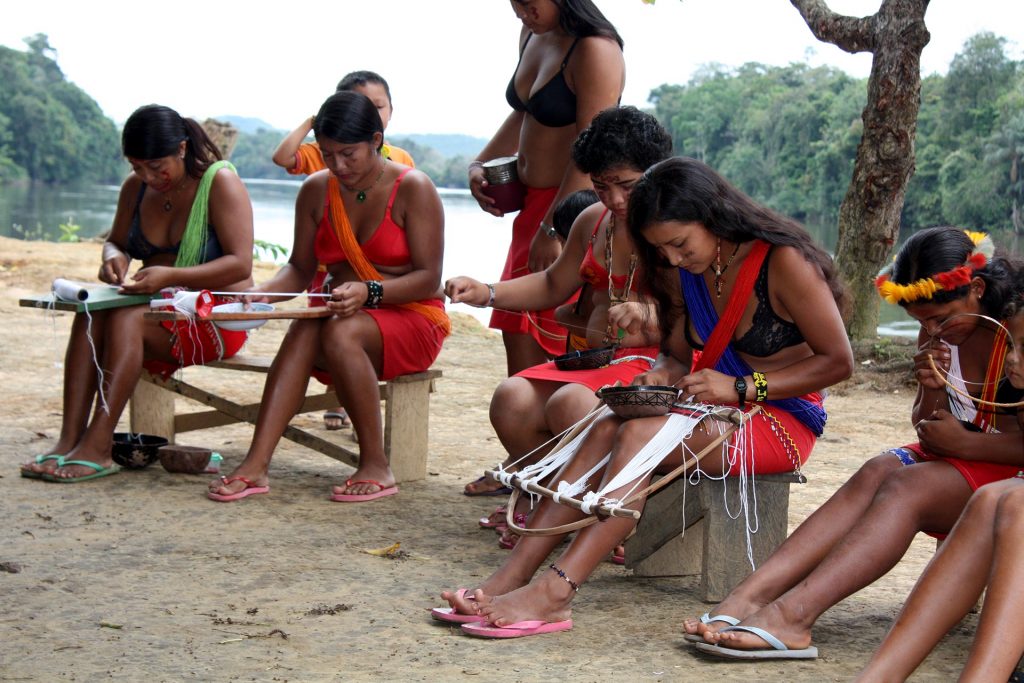
The Tumucumaque Program (renamed as Tumucumaque-Wayamu since 2023) was created in 2006, with its initial focus on cultural appreciation activities with the indigenous peoples officially recognized as Tiriyó, Katxuyana, Aparai, and Wayana who live in the Tumucumaque Complex. This complex comprises two contiguous Indigenous Lands located in the far north of the state of Pará: the indigenous lands of Parque do Tumucumaque and Rio Paru d’Este.
While the Zo’é Program was established in 2016, the involvement of founding members of Iepé with this people began in the 1990s when some anthropological studies were conducted in the region, especially those aimed at demarcating the Zo’é Indigenous Land, which was concluded in 2000, covering 668,000 hectares, and officially recognized in 2009, in the municipality of Óbidos, Pará. Contacted by members of the New Tribes Mission in 1987 and exclusively assisted by Funai since 1991, the Zo’é people were introduced to the world through numerous reports that described them as one of the last “untouched” peoples in the Amazon rainforest.
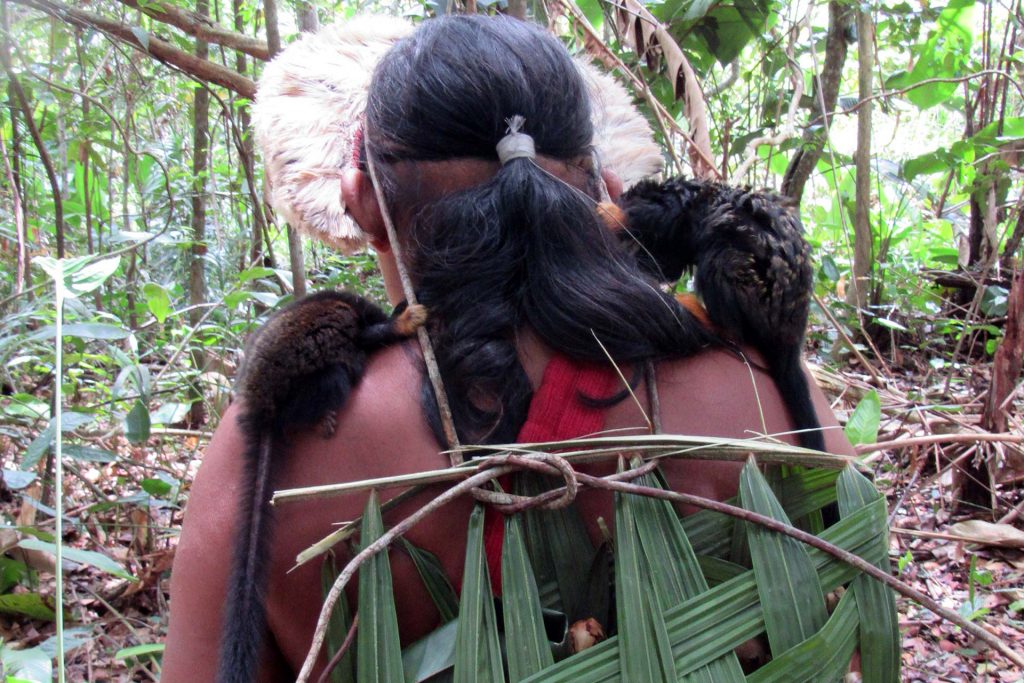
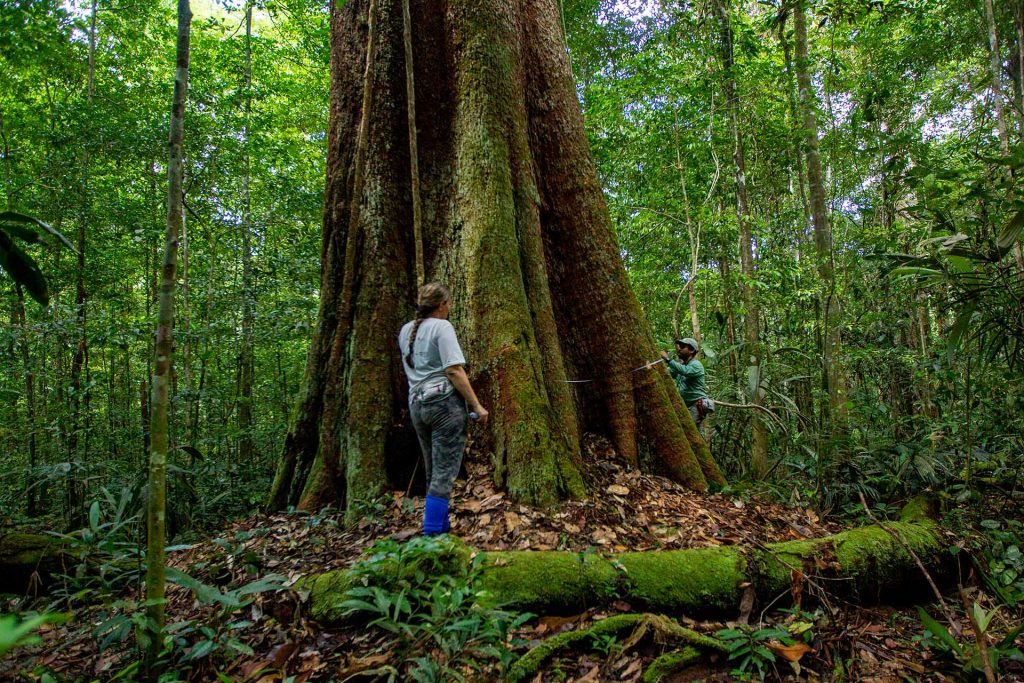
The Information Management Program encompasses cross-cutting areas of work at Iepé, which are interconnected with programs and Indigenous peoples but not limited to them. This program also includes our efforts and campaign against illegal mining in Indigenous Lands and Conservation Units. Apart from the environmental damages, our work involves researching, analyzing, and communicating the health risks posed by mercury, primarily through the consumption of fish by the population, which is being contaminated by the liquid metal used in the activities of miners.
Iepé supports the value chains of sociobiodiversity in the territories where it operates. This includes partnerships for income generation, production, management, valorization, and commercialization of products. The goal is to empower and support organizations of traditional communities for the marketing and sale of their products in the market.
